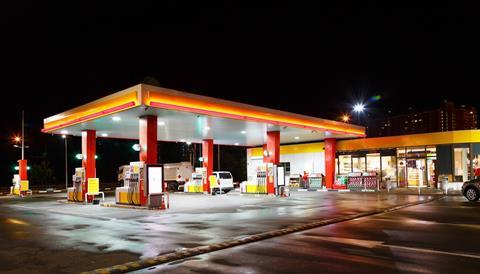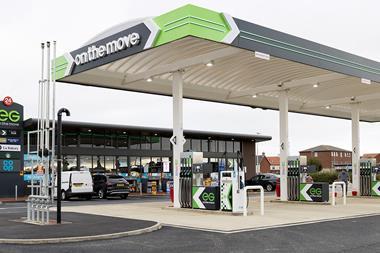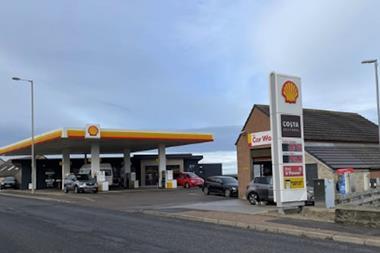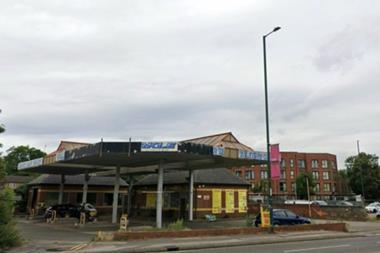
Real estate adviser Rapleys is reporting up to 100 ‘buy’ calls for every one ‘sales’ call for petrol stations.
The disclosure comes as the company released a new alternative assets report called An Alternative View. This found that investors looking to diversify portfolios and seek opportunities to add income and value are increasingly turning to niche assets, including petrol stations and drive-thru properties.
The report assessed performance, outlook, challenges and opportunities with themes and trends across 16 niche sectors including automotive, roadside and self storage.
Over the last three years, alternatives have often outperformed traditional/core industries with investors spotting huge potential to diversify their portfolios and realise value. Of the sectors, four assets (car dealerships, drive-thrus, petrol stations and self-storage) within automotive & roadside performed best.
Rapleys said that for petrol stations, fuel margins in 2023 were at a 20-year high and strong demand for this type of asset from a wide array of investors meant that strong capital values, land values and rental growth were seen. Drive-thrus saw some sites command £60 per sq ft buoyed by the proportion of restaurant sales achieved via drive-thru outlets rising by 50% post-Covid and the entrance of new brands like Gails and Leon opening up the market to a more diverse array of customers.
Daniel Cook, partner and head of automotive and roadside at Rapleys, said: “In 2024, alternative assets represent a large part of real estate transactions, and our report highlights the opportunities and challenges for assets that investors are increasingly interested in, despite most not having much experience, and where developers can add real value, occupiers need expert real estate advice and local authorities can build up more knowledge.
“However, niche assets come with niche risks and challenges. Investors also need to be aware of how to tackle these to gain competitive advantage. Car dealerships and petrol stations, in particular, face challenges including the evolution of EVs which pose conversion cost conundrums and weight issues, net zero target compliance despite bespoke cooling and lighting requirements and rising build material costs that may threaten viability of development. That’s why expert guidance to determine how to make the most of genuine opportunities and sidestep potential obstacles in these niche areas is crucial.”
One of the biggest obstacles to growth in automotive and roadside is supply. With investors lined up to acquire the best sites and assets, the report highlights that ready-made property in this sector is hard to come by, with Rapleys reporting up to 100 ‘buy’ calls for every one ‘sales’ call for petrol stations alone. A potential lack of understanding and experience in the sector means that investors aren’t necessarily comfortable with, or think about, assets in other sectors that may be possible to convert to automotive and roadside use or are nervous about the support of local authorities when it comes to obtaining the required change in planning consent.
Cook said: “With the right advice, investors will gain competitive advantage by being able to see what’s possible including looking at other sectors to release opportunities to convert sites or repurpose existing buildings into alternatives such as car dealerships, self-storage and drive-thrus. That’s part of the reason Rapleys has gathered these niche assets together – to raise awareness and highlight our deep understanding and insight of properties that some people won’t have ever before considered as real estate investment or development opportunities.”
































